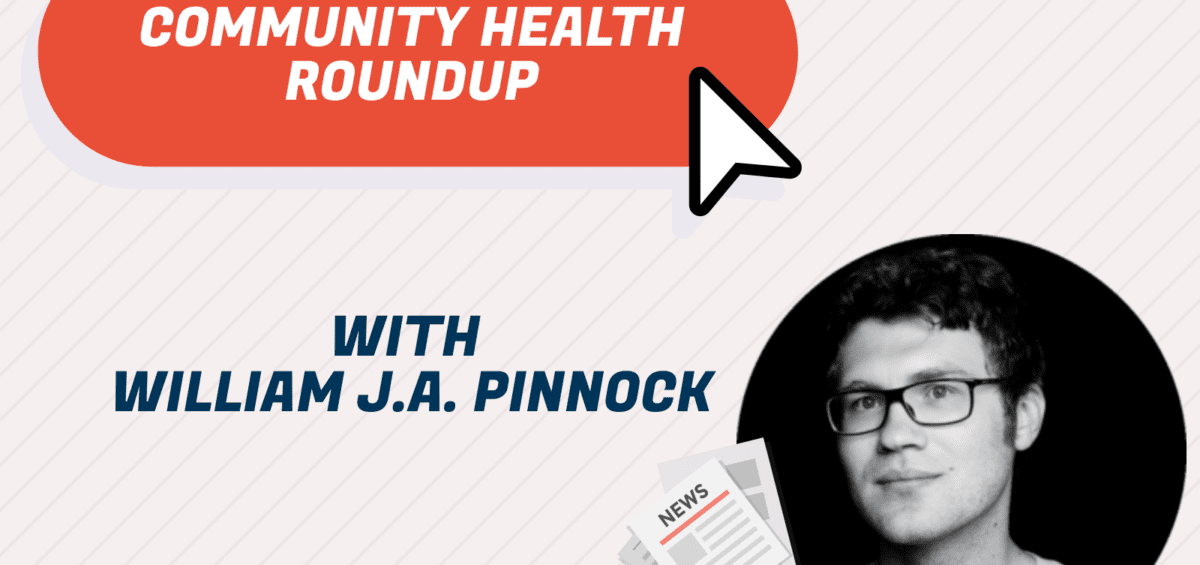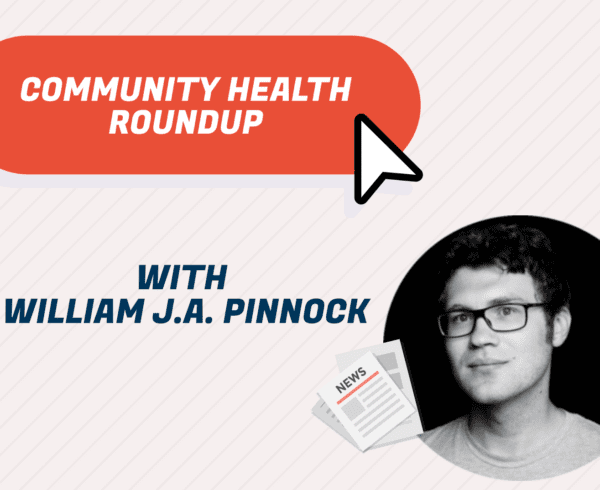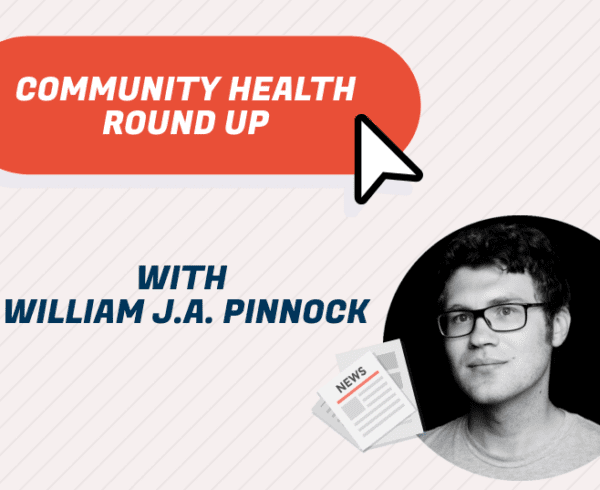Hello and welcome back to Community Health Roundup: your source for the latest in health news and information. Each week I, William Jacob Amadeus Pinnock, scour the internet for the most interesting health news and report it back to you, the reading audience, in the form of bite sized summaries with a link to the full article, and this week I am incredibly excited about the articles I found. We have an article about how advertising is used to perpetuate the opioid epidemic, two new studies about how marijuana legalization has decreased the rate of opioid prescribing in states where it has been legalized, and finally a story about cooking classes for those in recovery.
We all know Pepsi was the choice of a new generation, or that once you popped Pringles you certainly could not stop, and that Domino’s took a sacred oath to help us avoid the Noid. But did you know that there was a time not that long ago where opioids were advertised as freely as a hot and fresh Domino’s pizza? Advertisements in Life Magazine for an opioid named Librium show a relaxed lynx after being given the drug with the taglines “New Way to Calm a Cat” and “Tranquil as a tabby”. Advertisements show mothers with their children reading about a new patent medicine marketed as a “soothing syrup” that will ease their pain. Heroin was named because it made you feel “heroic” and was just sent to people to try. These type of advertisements helped play a large role in the first opioid epidemic America experienced and while there are restrictions on how opioids can be advertised today, it has not stopped them from being marketed and advertised in deceptive ways. To learn more about opioid advertising past and present, head over to the Smithsonian Magazine.
Two studies in the new edition of JAMA have found that states which legalized marijuana are seeing a decrease in opioid prescribing by 2.21 million pills. These studies beg the controversial question: should marijuana be classified as a medically viable option to treat pain? Read more about the studies here.
I love cooking: be it ribs, ramen, or rainbow trout, I feel most tranquil (like that tabby described above) when I am listening to a podcast preparing a meal for myself or friends. It feels like my troubles melt away (like butter on a hot skillet). In addition to cooking, I also love seeing stories about cooking being used to help people improve their lives. So I was excited to see a story about how Boston Medical Center has implemented classes where cooking is being used to help those who are overcoming addiction. The classes are titled “Cooking for Recovery” and aim at helping those in recovery get back on the road to wellness. Read more about the classes here.
William Jacob Amadeus Pinnock is a Research Coordinator at OCHIN where he assists with the creation, execution, and dissemination of research projects. He graduated with an MS in Communication from Portland State University where he focused on health communication, rural mass media, and qualitative research methods. He has experience working in commercial health insurance, healthcare research, and radio broadcasting. In his spare time, he is an Adjunct Instructor at Portland State University helping students master the art of public speaking.






